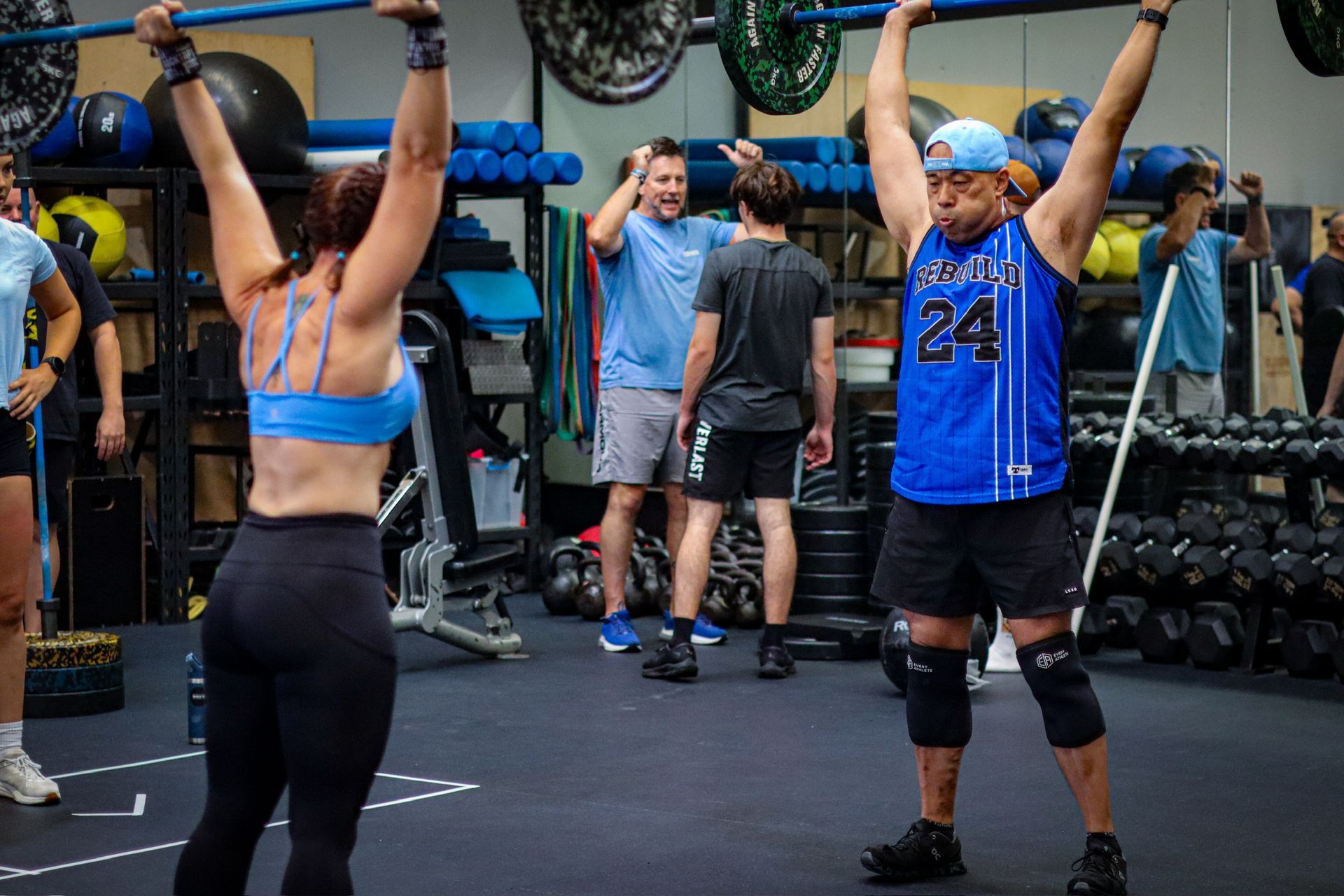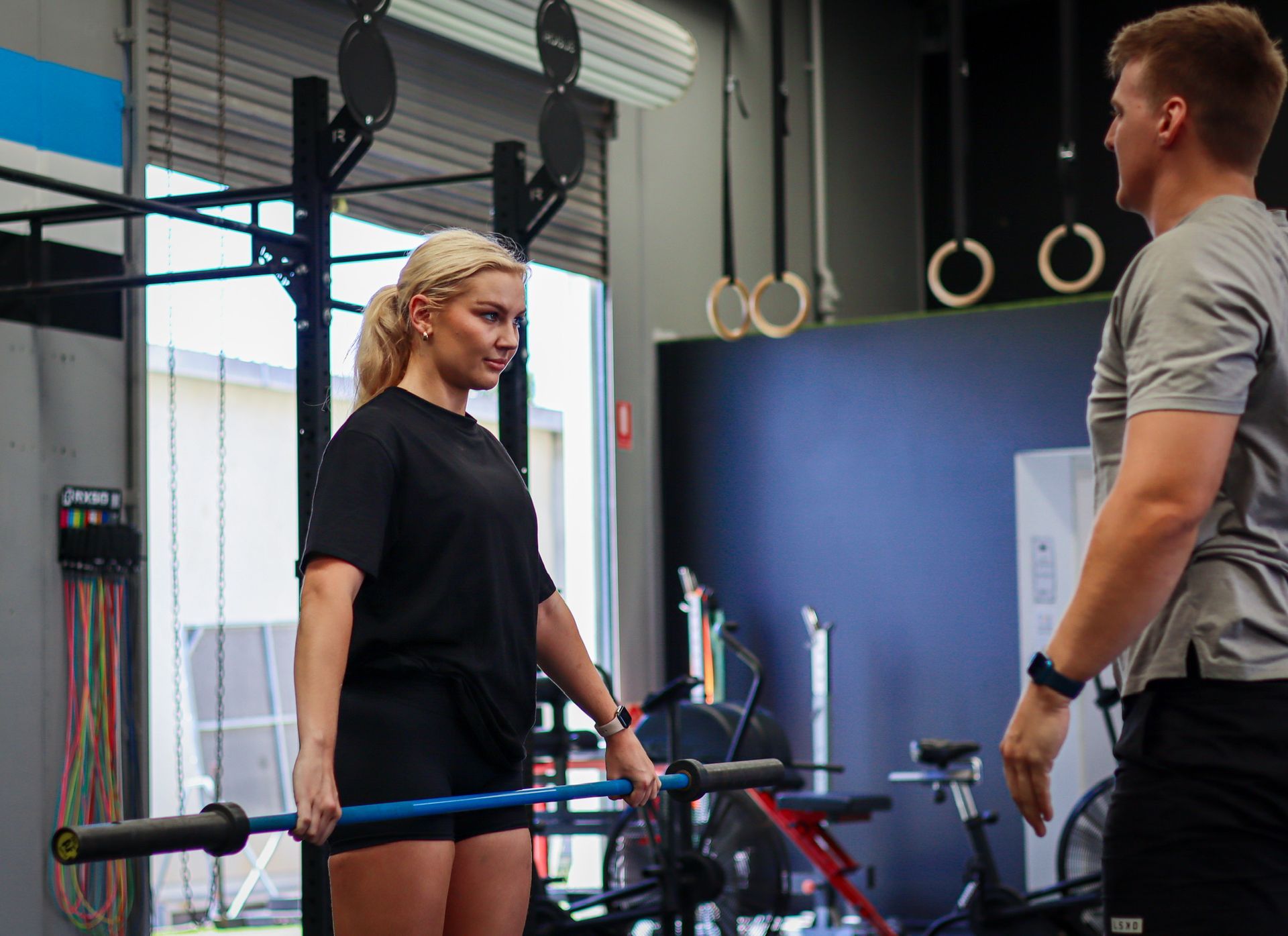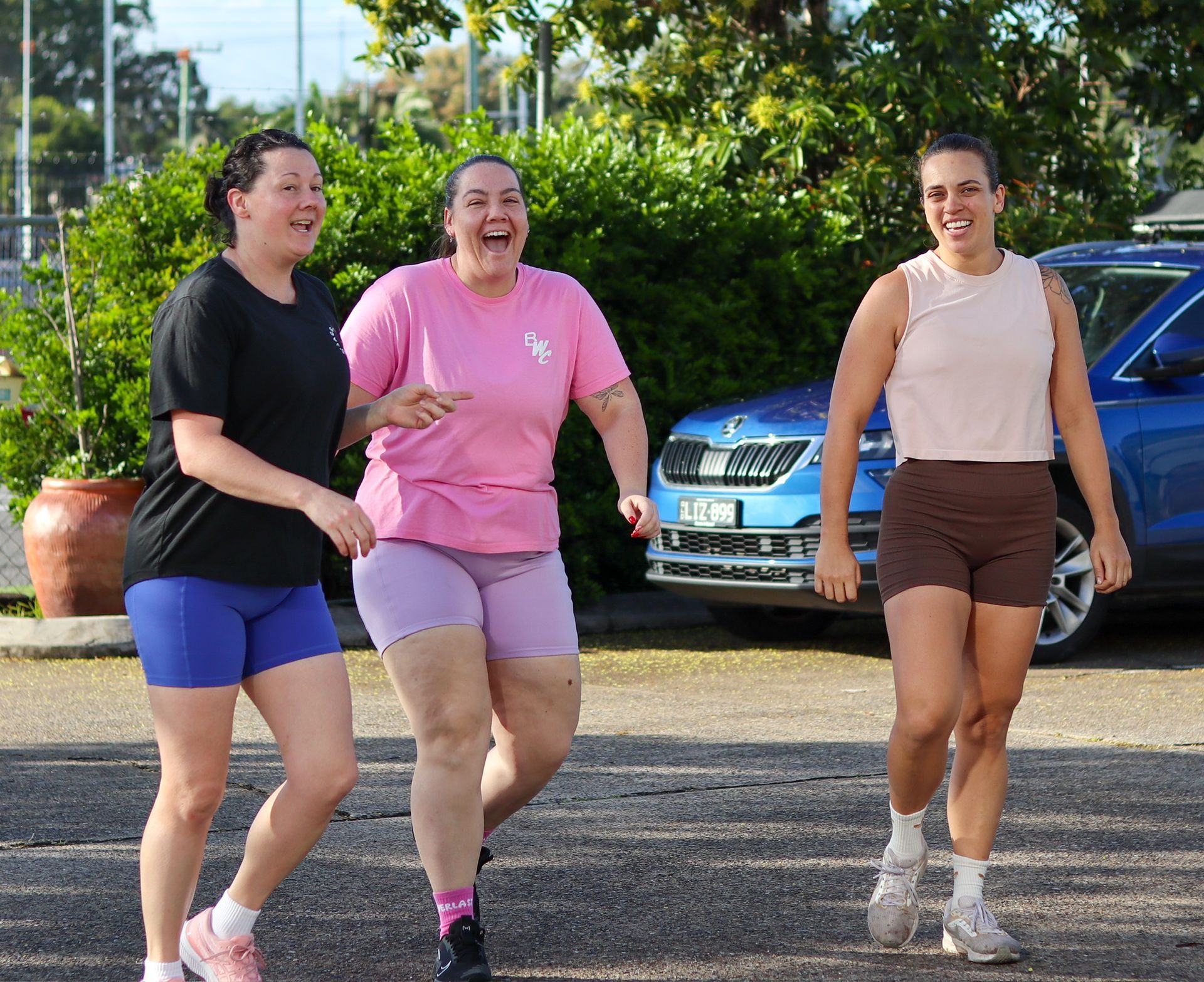Feeding Your Families & Helping Your Children Eat Better
Every parent wants to do the best for their kid but sometimes when things don’t work out, it can become very stressful, making the parent wonder where they are going wrong. It might even make them question their parenting skills.On the Rebuild Health and Fitness podcast, Sean and James are joined by Jeff Ash to talk about nutrition and the best ways to feed your families and children. Jeff is on a mission to help families improve their relationship with food so that they can live a better life with healthier minds, bodies, and attitudes. He also has his own podcast called Transform Your Nutrition. With a special nutrition programme set out for them, he helps kids and families thrive with food.Nutrition for kidsThe main thing for parents to remember is that every child is different. A rookie mistake for anyone might be to compare to other kids. Not only does this worry the parents, but it also may rub off in the wrong way for the children. The most important thing is to improve their early experience so that they can live better lives as adults. As Jeff says, “If we can prevent kids from having an issue in the first place, then we don’t have to try and resolve those issues when they are an adult.” There are a number of things parents can do to achieve this better experience for their children. While some of these are physical things, such as providing the right food, majority of the focus lies on psychological aspects and changing the basic ideology that kids grow up with.Jeff also talks about trusting our bodies’ way of regulating food intake. He says, “Our bodies have this amazing system, our appetite, our hunger, our satiety, all the hormones going on, when we don’t interfere with that or disrupt it, things work really well.” Building trust Jeff explains that not only do children need to trust their parents, but parents need to trust their children to know what and how much they eat. Jeff says, “the child is trusting their parent is going to do their job well consistently and not cross over into their job, and the parent is going to trust that the child [will be able to manage the body’s] innate capabilities of regulating their food intake.The parents are always responsible for the “what, when and where.” They have to ensure they make good decisions on what they offer to the child, make sure that food is provided to the child according to a regular routine, and to make sure a child is sat somewhere proper, such as a table, away from distractions.Language around kidsLanguage can play a key role in children’s relationships with food. A casual mention about ‘feeling fat in a dress’ or ‘not having dessert because they ate too much for lunch’ by a parent, without any ill intent, may also be perceived negatively by a child. What a kid may not understand is that gaining and losing weight is all part of the growing process.Jeff explains, “the thing with kids is that the way their brains work, especially [when they are] younger… they are very concrete [and] they can’t think abstractly. So, when they hear mum say something about the size or shape of her body in a negative way, they think ‘oh, if mine doesn’t look a certain way then I should do something about it’.”This idea of an “ideal” body image is made worse by society. As Jeff says, “…the powerful influence of our culture and society bombarding our kids with this impossible ideal that they should be striving to achieve with the size and shape of their body and in many cases, it’s not even realistic, you know, all the airbrushed stuff that you see on Instagram and magazine covers.”Instead, those should be turned into focusing on the positive aspects of health and nutrition. For example, discussing celebratory things like achieving something in sports or at the gym, rather than talking about losing weight.Changing the perspective to the positive angle also goes for when parents talk about food. Rather than saying “don’t eat too much,” it’s better to say, “eat enough.” And instead of something like “that’s junk food, don’t eat that” frame wording more around: “eat this because it is good for your health.” Jeff states, “when you use that kind of language with kids, and when you use restriction, it tends to have the exact opposite effect of what you were hoping to accomplish with it.”In the worst-case scenario, talking negatively about food can lead to eating disorders in the long run. All of this stems from the pressure of having to eat “good” food and the need for having the perfect body image. Therefore, parents have to figure out how to ensure that their children do not grow up with this kind of pressure on them. To know more about what to say and do, and what not to say and do for improving your kids’ experience of learning how to be healthy, check out the entire episode of the Rebuild Health and Fitness podcast.Tune in on Spotify or Apple Podcasts, or search Rebuild Health and Fitness wherever you get your podcasts.
Previous Blogs




